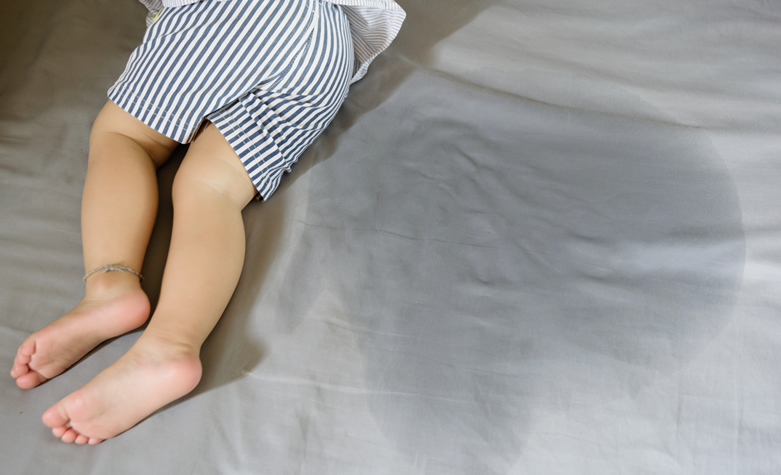The Portland Hospital, 234 Great Portland Street, London, W1W 5QT


The Portland Hospital, 234 Great Portland Street, London, W1W 5QT
Bedwetting isn’t always a sign of a urological problem that requires surgical intervention. It is actually a common part of childhood that most of us will grow out of in our own time. However, there are a few things you can do to help your child along the way. Try the following tips to help your child stay dry through the night.
Although it’s easy to get frustrated or to do the wrong thing on occasion, you should try to avoid:

The practical tips for bedwetting can help your child to stay dry, but it’s important not to ignore the emotional aspects of bedwetting. Talk to your child about the bedwetting and how they feel. Children can feel sad, embarrassed and anxious when they’re wetting the bed. Bedwetting can also be a sign that your child is worried about something, so it’s important to check that there’s no underlying cause such as stress relating to school work or friends. Being supportive can be just as important as taking practical steps to prevent bedwetting.
Copyright © 2024 London children’s surgery. All rights reserved.
The contents on this site is for information only, and is not meant to substitute the advice of your own physician or other medical professional.